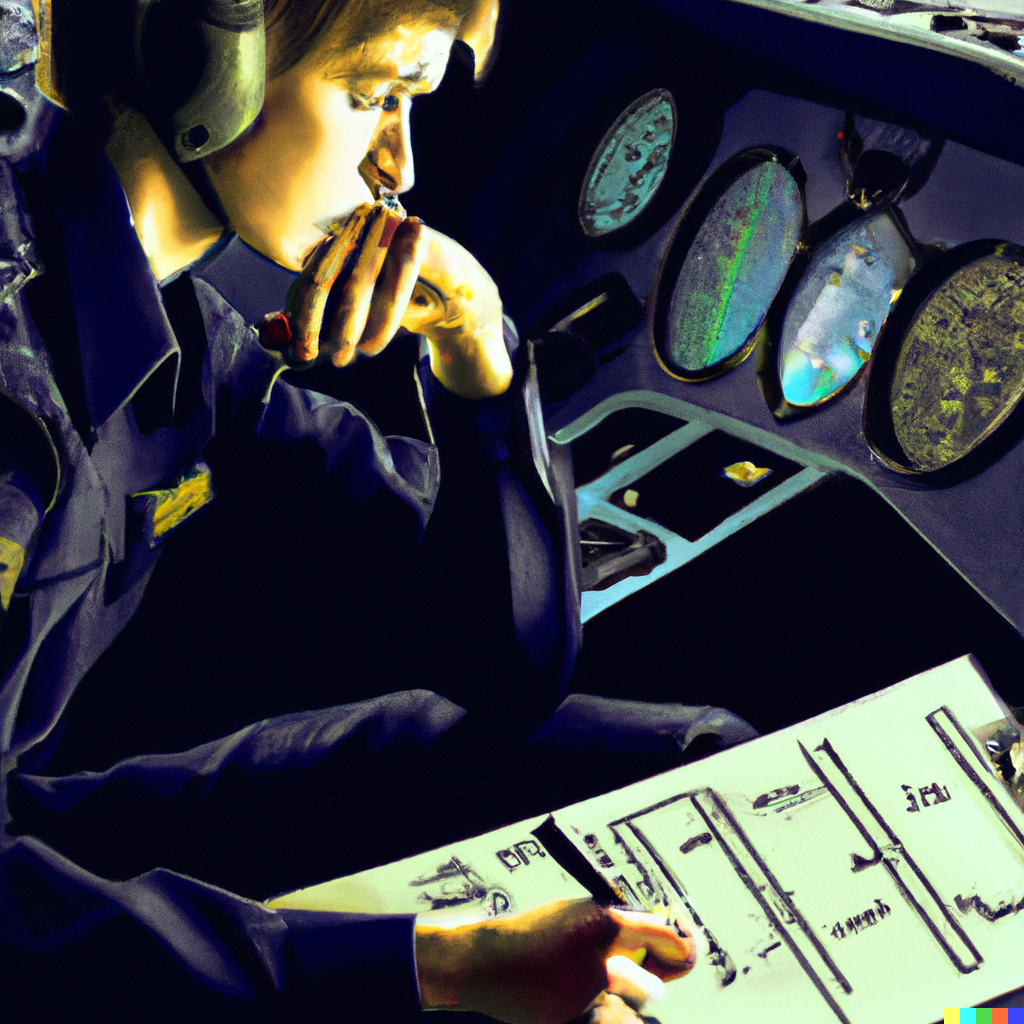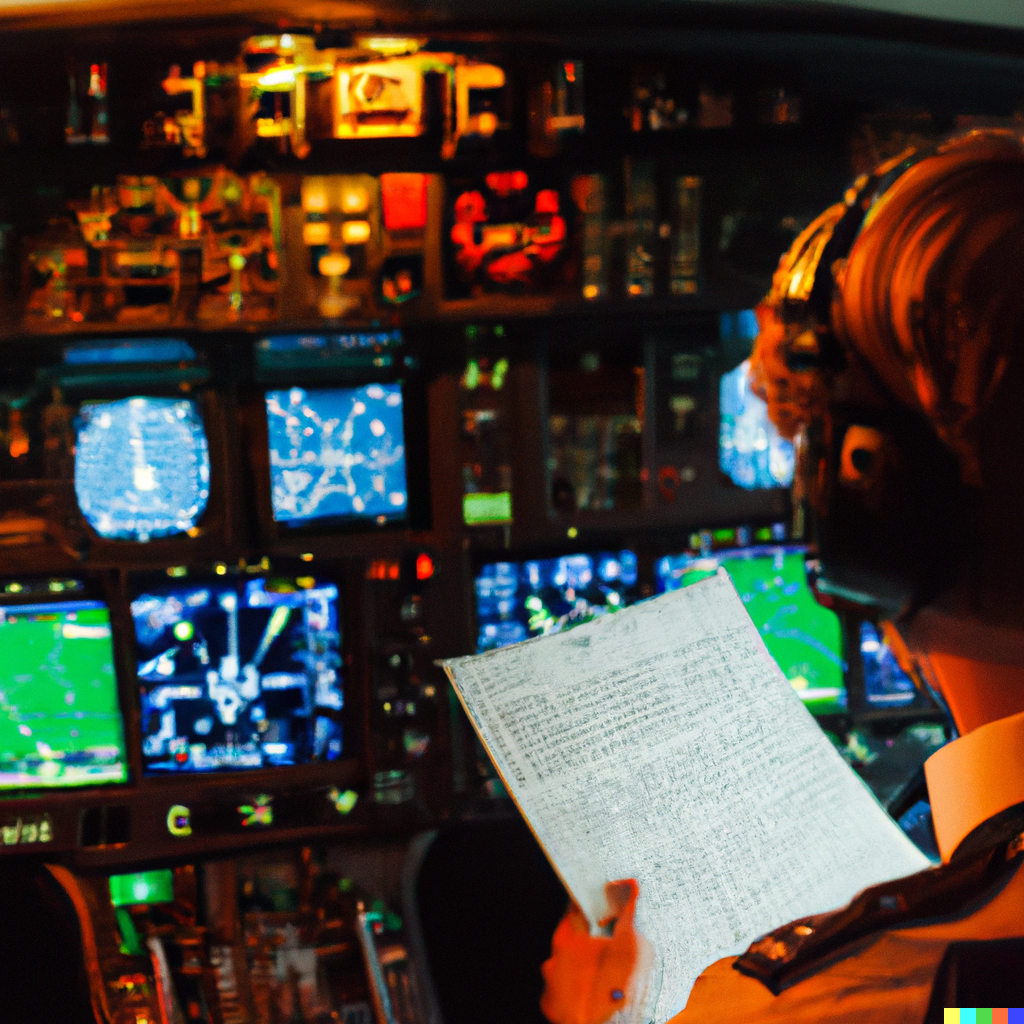Essential Steps to Attaining Your Private Pilot License
Alexander Kellerson

Welcome aboard aspiring aviators! In our journey today, we'll navigate the essential steps to attaining your private pilot license. We'll explore the minimum age requirement, dive into the medical fitness standards, and understand the importance of ground school training. We'll also touch upon the number of flight training hours needed, examine the written and practical exams, and lastly, discuss the significance of communication skills proficiency. So, fasten your seat belts and get ready for an exciting flight through the world of aviation. Let's take off!
Minimum age requirement
To begin your journey towards achieving a private pilot license, age matters. The Federal Aviation Administration (FAA) stipulates that interested individuals must be at least 17 years old to obtain a private pilot license. However, you may commence training and log flight hours from as young as 16. This allows young aviation enthusiasts ample time to gain the necessary flight experience and knowledge before reaching the minimum age requirement. Remember, it's not just about meeting the age criteria but about building a strong foundation for a safe and successful piloting career.
Medical fitness standards
Maintaining good health and meeting certain medical fitness standards are critical elements in the journey to acquiring your private pilot license. The Federal Aviation Administration (FAA) requires that all aspiring pilots pass a medical examination, conducted by an FAA-authorized aviation medical examiner. This examination assesses your physical and mental health, ensuring that you're capable of operating an aircraft safely. Conditions like color blindness, uncontrolled diabetes, or certain psychiatric conditions could potentially disqualify you. However, don't let this discourage you; many conditions are manageable, enabling you to still achieve your dream of flight. This is an important step, but remember, your journey doesn't stop here, as there are more requirements to meet.
Ground school training
Ground school training plays an integral role in your journey towards getting a private pilot license. It equips you with essential theoretical knowledge about aviation, including meteorology, aerodynamics, and navigation. This training can be conducted online or in a traditional classroom setting and is usually followed by a written exam. Remember, a thorough understanding of these concepts is crucial not only for passing your tests but also for ensuring safety and efficiency when you eventually take to the skies.
Flight training hours
A significant requirement for obtaining your private pilot license is the completion of requisite flight training hours. This involves a minimum of 40 hours of flight time in many countries, although the average student might need between 60 to 75 hours. During these hours, you'll acquire hands-on experience, learning how to maneuver an aircraft under the watchful eyes of an experienced instructor. It's a thrilling yet educational experience that brings you one step closer to your dream of flying. Remember, these hours are more than a requirement; they're an opportunity to hone your skills and become a safe, proficient pilot.
Written and practical exams
Embarking on the journey to obtaining your private pilot license involves a crucial phase of written and practical examinations. The written exam tests your theoretical knowledge on topics such as aviation laws, navigation techniques, and meteorology, among others. On the other hand, the practical exam, also known as the check-ride, assesses your flying skills under the watchful eyes of an examiner. This exam includes pre-flight preparation, navigation, and operations procedures, to mention a few. It's essential to prepare thoroughly for both examinations, as they are key determinants of your readiness to fly solo.
Communication skills proficiency
Navigating the skies demands more than just technical know-how, it requires a mastery of communication skills as well. In the journey to acquiring your private pilot license, you'll need to showcase your ability to effectively convey information and instructions. This not only involves understanding the language of aviation but also speaking it fluently, particularly when interacting with air traffic control and other pilots. Keep in mind, clear communication can mean the difference between safe flight and potential mishaps. So, practice and hone your communication skills, as they are a vital part of the requirements needed for your private pilot license.
Continued Learning and Recurrency Requirements In the world of aviation, earning your private pilot license is merely the first step in a lifelong journey. The knowledge and skills you have acquired should not stagnate, but rather, they should be continuously refreshed and updated. This includes staying current with the FAA's regulations, maintaining a high level of flight proficiency, and regularly updating your medical certification. Additionally, you should strive to improve your communication skills and deepen your understanding of aviation theory. The sky is not the limit; it's just the beginning. As such, the true requirement for obtaining a private pilot license is a lifelong commitment to learning and continuous improvement.
In conclusion, obtaining your private pilot license is an exciting and rewarding journey that requires dedication, commitment, and a keen interest in aviation. From meeting the minimum age requirement to demonstrating your communication skills proficiency, each step is crucial to your success. Adhering to medical fitness standards ensures you are capable of handling the physical demands of flying. Ground school training provides the theoretical knowledge required, while flight training hours give you the practical experience. Lastly, passing the written and practical exams is pivotal in showcasing your competence. Embark on this fulfilling journey today, and before long, you will have the freedom to fly the skies on your own terms!











